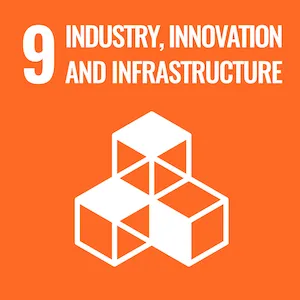Decarbonization
Environmental sustainability is one of the main challenges facing today’s society and it is essential to reduce the greenhouse gas emissions that produce global warming.
The decarbonization of industry involves reducing or eliminating the carbon emissions and greenhouse gases associated with the production and manufacturing of goods and services.
At AIMPLAS, we work on the development of advanced technologies for carbon capture, separation and use that are more efficient and cost-effective than those currently available on the market. In pursuit of this goal, we use porous polymeric materials and catalysts, which we design, modify and synthesize to meet specific needs. We also help companies reduce the carbon footprint of their businesses and products.
We also work hard to develop sustainable materials based on renewable sources.
How can we help to decarbonize your industrial activity?
AIMPLAS has a team of experts in decarbonization processes for industrial activities. This unit supports companies in the development of new technologies that contribute to reducing their environmental impact.
- Development of new products and materials.
- Development of selective separation and capture processes for CO2 from gas effluents, based on the use of membranes and adsorbents.
- Synthesis of polymers and high-added-value CO2-based molecules.
- Waste recovery to obtain energy, chemical molecules and polymers.
- Catalyst design to increase efficiency and reduce energy consumption.
- Optimisation of CCUS processes.
Our technical capabilities and resources
- Laboratory for the synthesis of chemicals and materials.
- High-pressure gas reactors for reactions such as: hydrogenation, carboxylation, oxidation, acylation, etc.
- Comprehensive physico-chemical analysis service.
- Scaling up processes.
- Glove box that is especially designed to carry out air or moisture sensitive processes.
- Volumetric adsorption analytical instrument
- Raman spectrometer with associated confocal microscope.
- Thermogravimetric and differential scanning calorimetry analytical instruments, among others.
- Scanning electron microscope (SEM) to study the morphological properties of new materials in order to correctly characterise them.






